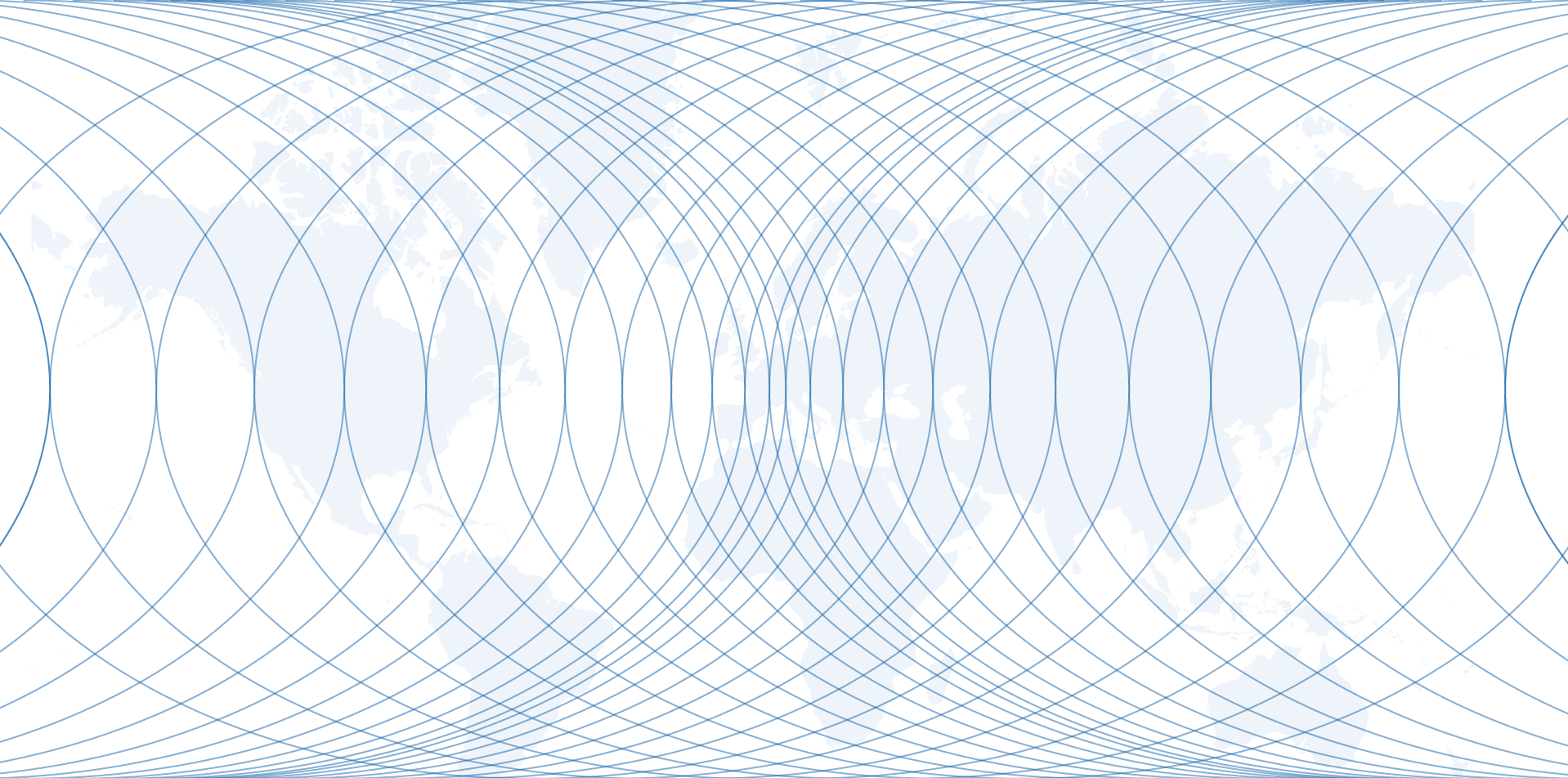A little over a week ago, the Guadalupe River in the Texas Hill Country went berserk, as rivers sometimes do in this area, killing some 130 people. Well over a hundred are still missing. Many of the deceased were children because the Guadalupe, when sane, is a beautiful river surrounded by woods, punctuated by summer camps along its banks. This tragedy was met with a profound and intense sorrow, followed by a wave of self-righteous accusations and searches for villains, mostly from outside the Hill Country. Local leaders were said by some to have failed in their duty to know that the Guadalupe would flood and failed to warn the victims to flee from the natural intermittent madness of nature. Very quickly the blame came in, from a lack of sirens to global warming to Donald Trump and cuts in the federal government that left the National Weather Service unable to anticipate the intensity of the rain and therefore that the Guadalupe would run amok.
All this is very personal to me and my wife. We live in the Hill Country and have spent time on the Guadalupe River. We chose to settle in the Hill Country about 20 years ago after a lifetime of global wandering. We live in Hays County, which experienced some major flooding 10 years ago that claimed many lives, though it was mercifully spared from the catastrophe of July 4. The epicenter of the floods was in Kerr County, which is only about 80 miles (130 km) from my house, but many other counties experienced loss of life.
Texas is a very large state. The smallest state in the union is Rhode Island, with an area of 1,214 square miles. Kerr County is 1,107 square miles, and by no means is it the largest in Texas. The population of Rhode Island is just over 1 million people, while the population of Kerr County is about 54,000.
This is the geopolitical reality that must be grasped to understand what happened. Kerr County is vast, with a very small population relative to its size. It’s the kind of place where an elected judge, in addition to having ceremonial and administrative roles, is also tasked with managing county affairs and its emergency system, and where the complexity and sophistication of government in a place with more than a million citizens is not to be expected.
The genuine security that larger, more complex and sophisticated political systems offer are not available in more remote areas like these. In the Hill Country, you are some ways more self-reliant than someone in Austin might be, yet you are far from the intrusions of the political systems common to most places. There is value in those intrusions, but it comes at a price. In the Hill Country, the price is worth paying.
A moment ago, as I was writing in the silence, my cellphone shrieked a warning: It was raining, which I knew by looking out the window, and a flash flood alert was issued. I know there is utility in this warning, and at the same time I am struck by how quickly things have changed, how the threshold of caution has been lowered dramatically. I wonder whether the cellphone warning, which is the only practical option, would have been heard by camp counselors at 4 a.m. and whether the sleeping children could have been roused, rounded up and moved to safety. I welcome the improvement and even its late arrival, but I wonder how many things we need to be warned about, and as I grieve for those who died, I have no moral right to demand to be left alone.
But what I do resent is the impulse of politicians and the media to make judgments on responsibility for the deaths without having any idea of the realities and risks we choose to live with in return for the pleasures of living far away from the chaos of mass society. The Guadalupe swelled, and I grieve for the neighbors I never met, and now never will. The dead children haunt me. At the same time, I fear the loss of distance from the world, something that allows me to think more clearly about my trade. But all things considered, that loss of distance – one brought on by natural disaster that killed so many adults and children – is a small price for me to pay.
Geopolitics is not only about nations; geography, culture and politics define our individual lives too. While this piece did not concern itself with nations, it was very much about geopolitics, how we choose to live, and how events determine whether we can live that way.
